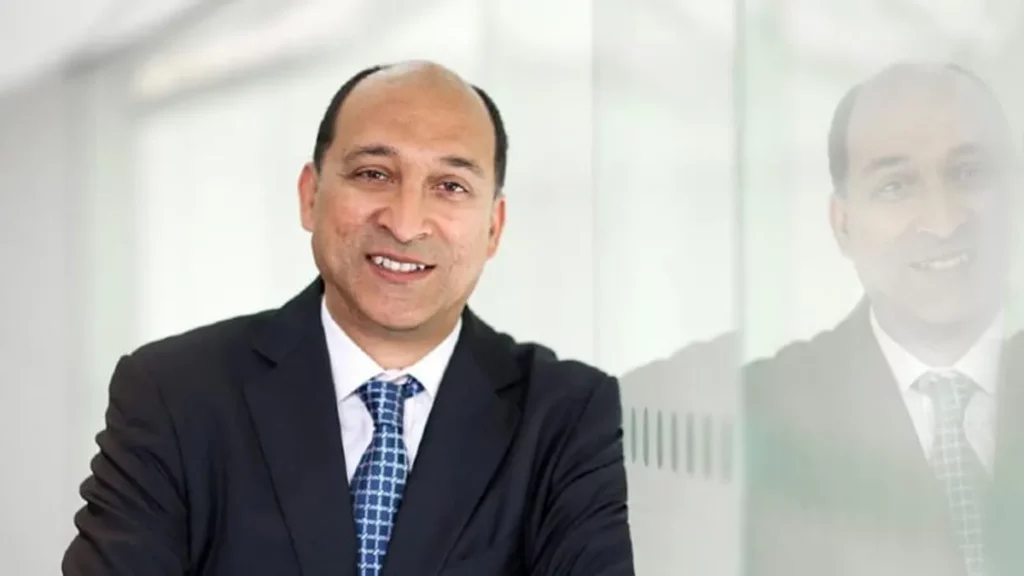In 2024, Brazilian President Luiz Inácio Lula da Silva announced a comprehensive AI initiative called the Brazilian Artificial Intelligence Plan (PBIA), which will seek to invest $4 billion in artificial intelligence programs by 2028.
Under the slogan “AI for the benefit of all”, the initiative is one of the president’s priorities at the G20, as he seeks to position the country as a leader in AI.
Luciana Santos, Minister of Science and Technology of Brazil, said, “Through technology, we want to ensure benefits for our country and our people, and this is only possible if public authorities, civil society and the private sector work together. The AI plan is the first result of this.”
Santos highlighted Brazil’s efforts to use technology to fight inequality and increase environmental protection.
“This plan is bold and applicable, powerful and feasible, realized with public investments with sovereignty and autonomy to make the intelligence of our country valuable”, the minister added.
Investment in AI will include upgrading the Santos Dumont supercomputer, in addition to creating a national network of AI centers across the country.
Part of the role of these centers would be to help educate the general public and businesses about AI technology.
Speaking to Entrepreneur Magazine, Ranjit Tinaikar, CEO of Ness Digital Engineering, talked about setting up AI hubs across the globe.
Said the head of Ness, a digital engineering firm with 11 innovation centers around the globe, discussing opportunities for tech ecosystems across the globe and the role of government: “If you were to compare Boston, which used to be the tech hub for America in the sixties and seventies, before it was replaced by Silicon Valley as a technology hub; why did that revolution happen?”
The executive continued, “It required four things: First, it needed an institution like Stanford that was really interested in primary research. Primary, non-commercial research. Second, it needed the VC and capital markets around it to fund those ideas and commercialize them by working with universities.”

“Third, you can’t do that unless you have a local pool of talent that actually sits in that ecosystem and takes those ideas to market. Fourth, you need government support to allow people to take risks.”
“Government has a role to play in making these AI centers successful, which is the fourth point.”
The company has reason to be positive on innovation centers. Ness Czech, part of Ness Digital Engineering, announced in August that it was accelerating the creation of an international innovation center based in Central and Eastern Europe. The initiative follows the recent acquisition by Ness Digital Engineering of Intricity, a company that specializes in data strategy consulting.
The executive concluded, “I think AI Hubs are a very valuable idea. And I fully understand the goals of becoming the R&D hub for driving AI innovation.”
At the same time, the executive warned, “if you don’t have purely research-oriented, high-level research institutions, a talent hub and a capital market that funds it, then in the long term it’s not sustainable.”
Featured photo of Stanford University
The post Next Silicon Valley? The post Brazil Government Pledges Historic Funding for AI Program appeared first on Brazil Reports.


